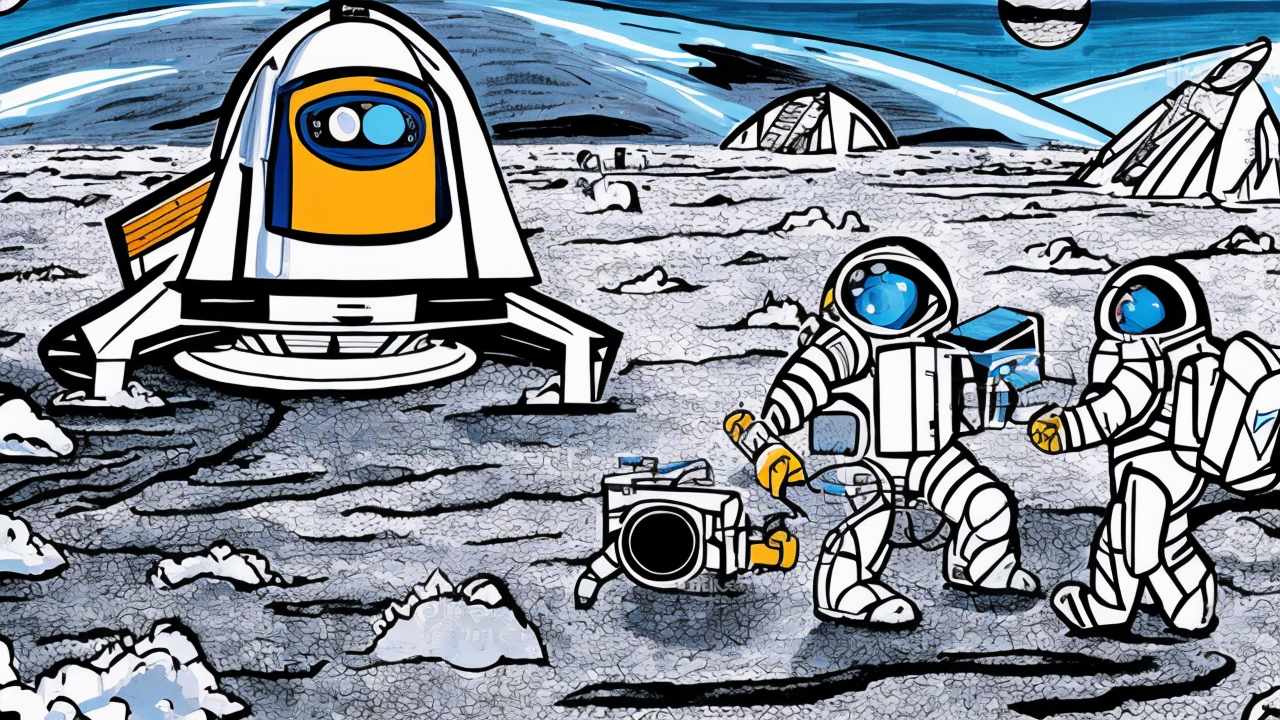US Risks Losing Lunar Race to China: How to Regain the Lead

The United States is at risk of losing its lunar dominance to China, with NASA's Artemis program struggling to keep pace. China aims to land taikonauts on the Moon as early as 2029, while NASA's timeline remains uncertain. The Artemis program, which seeks to return astronauts to the Moon, faces significant challenges, including delays and funding disputes.
NASA's reliance on the Space Launch System (SLS), a rocket developed under political compromise, has proven costly and inefficient. Over two decades, NASA has spent billions on SLS and related programs, with little to show for it. Meanwhile, China has made steady progress, launching lunar orbiters and preparing for crewed missions.
The Artemis program's current plan hinges on SpaceX's Starship, a lunar lander that faces technical and logistical hurdles. Starship requires multiple refueling launches, and its readiness for crewed missions is uncertain. NASA's interim administrator, Sean Duffy, has vowed to beat China to the Moon, but insiders question the feasibility of this goal.
A potential solution lies with Blue Origin's Mark 1 lunar lander, which could be modified to carry astronauts. Blue Origin has already developed and tested the Mark 1, and preliminary work on a crewed version is underway. This approach avoids the need for complex refueling missions and could realistically land astronauts on the Moon this decade.
To regain the lead, NASA must prioritize collaboration with private companies like Blue Origin and allocate resources more effectively. The stakes are high: losing the lunar race to China would diminish US influence in space and signal a decline in American leadership. A decisive push for innovation and accountability is needed to ensure the United States remains a global space power.
The Lunar Race: A Test of American Resolve
The United States is at a pivotal moment in its quest to maintain leadership in space exploration. The Artemis program's struggles highlight a fundamental failure in prioritizing innovation and accountability. NASA's reliance on the SLS, a bloated and inefficient project, underscores the dangers of bureaucratic inertia and political compromise. Taxpayers have been burdened with billions of dollars in wasted funds, while China presses forward with a clear and disciplined approach to lunar exploration.
The Artemis program's current dependence on SpaceX's Starship raises serious questions about its feasibility and timeline. The technical and logistical challenges of this approach are significant, and delays could further erode US competitiveness. In contrast, Blue Origin's Mark 1 lunar lander offers a proven and practical alternative. By leveraging private sector innovation, NASA could realistically land astronauts on the Moon this decade, regaining the initiative in the lunar race.
The stakes are far greater than simply "winning" the lunar race. A failure to lead in space would send a troubling signal about America's ability to compete on the global stage. China's progress in space is not just a technical achievement but a strategic move to project influence and challenge US dominance. The United States must act decisively to regain momentum, embracing collaboration with private companies and streamlining its approach to space exploration.
This is a test of American resolve. By prioritizing accountability, innovation, and economic prudence, the United States can ensure its continued leadership in space and secure its future as a global power. The time for action is now.
Published: 10/3/2025

















